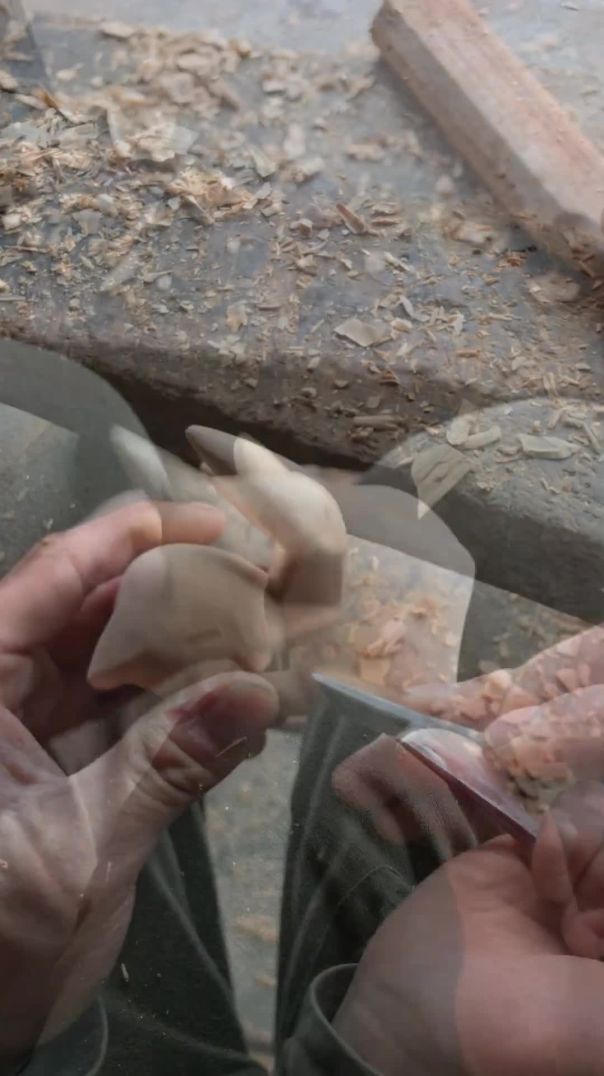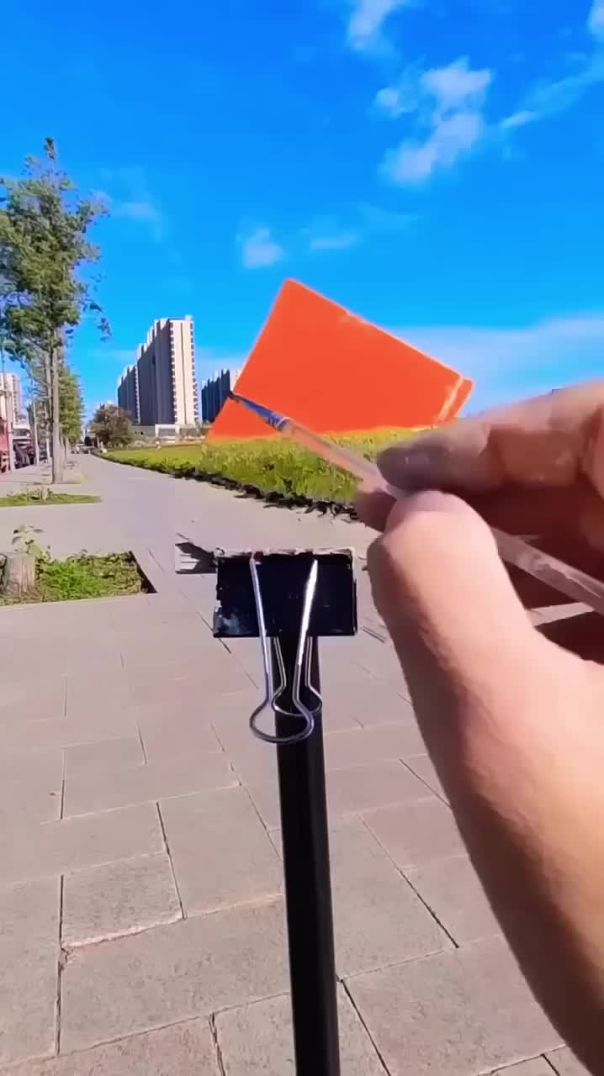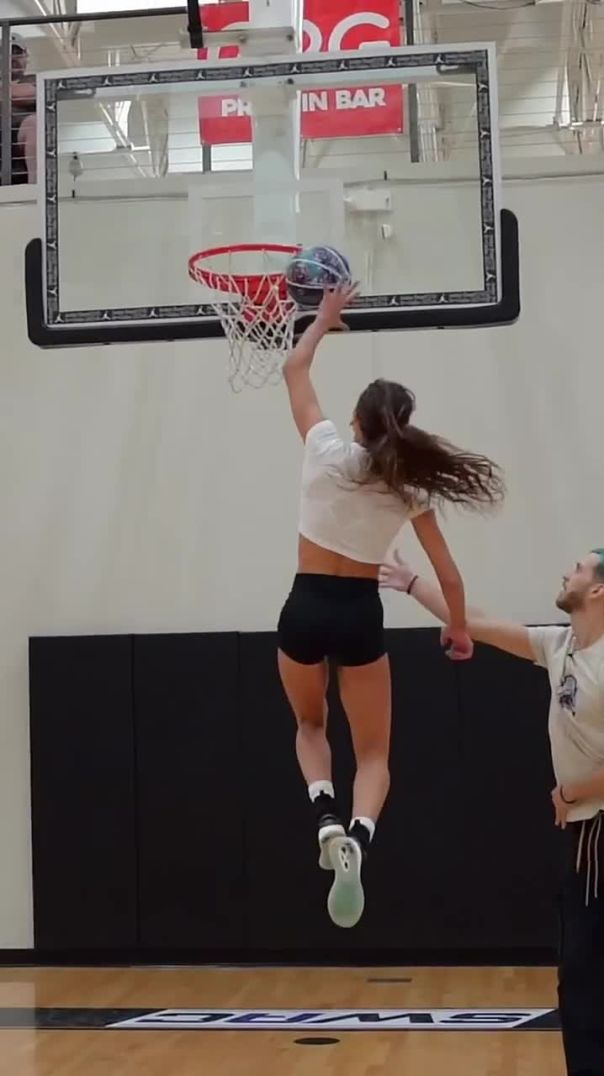2 Views· 11 November 2022
Understand more and improve your English pronunciation with the BREAK& GRAB METHOD
Do you know what Active Listening is? I will show you how you can use Active Listening and my "BREAK & GRAB" method to improve your ability to listen and to understand REAL English conversations. By using this method, you will also improve your pronunciation and vocabulary! And best of all, once you learn how to do it, you can practice in just a few minutes. Learn this powerful technique and start improving your English now.
TAKE THE QUIZ: https://www.engvid.com/grab-and-break-method/
TRANSCRIPT
I can, can't. Hi. James from engVid. This lesson, what I want to do is help you... Well, I want to help you improve two things at once, your pronunciation and your listening. Really, I will be focusing on the listening part, but if you do this right, your pronunciation will also get better. You ready? Let's go to the board.
As you can see, Mr. E has a big ear. Listening is one of those things when people are learning a language they don't really pay attention to. It's quite funny because I hear many people say right away: "I listen to English all the time. I listen to videos at home. Why? I don't need anyone to tell me about... Help me with listening." And usually the same people will say something like: "My pronunciation's not very good. I really don't understand when people speak to me", and so on and so forth. And you're trying to explain: Listening is a skill that is natural. Actually, there's a difference between hearing and listening, and we're going to go to the board right now and talk about that so that we can get to what I call "active listening". You ready? Let's go.
So, E, as you can see, has a big ear because he is now listening because he wants to improve on his listening skills and his pronunciation, and he's come to the right place. All right, so the first thing I want to look at here is "hear". When we use the word "hear" in English it's for sound, it really is. It's just for sound. Like... [Drops marker] Did you hear that? Right? You don't say: "Did you listen to that?" You can't listen to that. You can hear that. All right? So that would be music, when people are speaking, because if you can't hear... And here I wrote this: "If you don't hear it, it doesn't exist", and that's true. Listening... Or hearing is physical. Okay? The ear actually has to work, or you have to make it work. There are two things you have to be careful on, that your ear is good, so get a hearing test if necessary, if you need one; but also we can make it better, if physically everything works, sometimes people don't pay attention so they miss the sounds. And when you miss a sound, it changes the word and sometimes the meaning.
And that's when we look over here, to "listen". "Listening" makes us focus and gives us meaning. So, when you're listening to someone, you will look at them and you will pay attention, and that's how you get the meaning. You need to be able to physically hear the sound, which is true, but if you don't listen, you won't get the meaning of what they say. Okay? So we need a combination. And luckily for us, when the ear works, we can use our listening or our focus skills to improve how this works so we can get better at learning language and learn faster.
If you remember what I said here: If you don't hear, it doesn't exist. That's the physical part. If you cannot hear it, it doesn't exist. Right? Which will lead to bad pronunciation, because if you cannot hear a T, you won't say the T. "Huh? Hmm?" Yeah. For many Spanish people, the "d" sound is a "th". They cannot actually hear us when we say "duh", so they say: "the", right? So they go: "I stanthe", "I stanthe" instead of: "I stand". When they can hear it, because when I make them say the sound "d", they can do it, and "duh", they can say it, then all of a sudden they're like: "I can stand. He wanted". Not: "I wantith". -"I wanted". -"Oh, it's a different sound." By focusing and listening we're able to make them realize there are different sounds being said and improve on their pronunciation. Okay?
Now, if we use active listening, which is what I will teach you now, it will help us retrain the ear. "Retrain" means make the ear go back to the beginning and then start again, and retrain to make it better. Now, I have a little game we're going to play, which is a fun game because you can do it by yourself, -- I will give you an example in a second -- but you can also do it with a friend. "Huh?" So you can both help each other improve. So, I'm going to read something to you. Okay? And I want you to close your eyes and I want you to listen. Okay? Now, I want you to look for the words with the letter C. All right? So you're going to close your eyes, like I'm closing my eyes now. And I'm going to read this to you, and I want you to count how many C words are in this sentence. Are you ready? Are your eyes closed? Okay, do it now.
"The cat quickly came to the couch and caught sight of the kite in the tree and kept quiet." […]
















![[HYBE x Geffen] Dream Academy - Bonus Performance “Break Free”](https://i.ytimg.com/vi/iOBN0r9y1aA/maxresdefault.jpg)










0 Comments